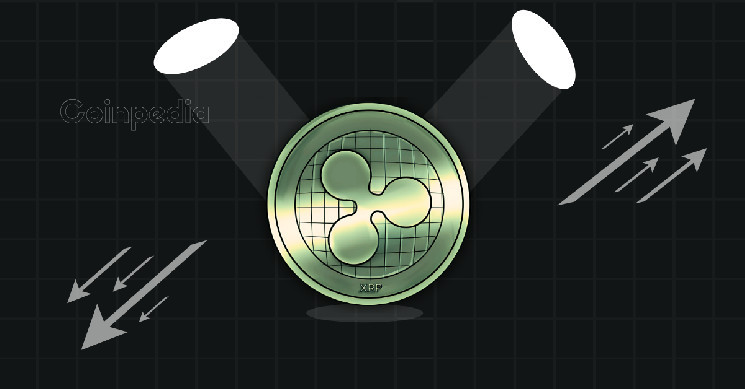Ripple USD ($RLUSD) is officially live on global exchanges. This enterprise-grade stablecoin combines the stability of fiat with the efficiency of blockchain technology. $RLUSD will operate on two networks: Ethereum and Ripple’s native $XRP Ledger (XRPL). Initially, the price of the stablecoin fluctuated within a 20% range, but it is pegged to the U.S. dollar at a 1:1 ratio, ensuring stability over time.
Ripple CTO David Schwartz had previously said that there might be supply shortages at first, causing the price to fluctuate. However, once supply stabilizes, the price will quickly return to around $1.
He also said, “Since the idea of $RLUSD many months ago to launch in a matter of hours, I’ve been looking forward to more use cases realized on the XRPL and more liquidity on-chain with a trusted stablecoin like $RLUSD. Countless opportunities are here for devs and users who want the benefits of XRPL, $RLUSD and $XRP.”
The stablecoin will be available on exchanges like Uphold, Bitso, and CoinMana, with more expected by the end of the year. Ripple’s stablecoin is fully compliant and backed by US dollar deposits, government bonds, and cash equivalents. This provides the stability and transparency that many stablecoins have lacked.
Ripple USD ($RLUSD) is now live on global exchanges.
— Ripple (@Ripple) December 17, 2024
An enterprise-grade stablecoin built for everyone, $RLUSD combines fiat stability with blockchain efficiency:
➡️ Instant global payments, 24/7
➡️ Seamless on/off ramps
➡️ Access value in real-world assets.… pic.twitter.com/lJ43GdoDGR
$RLUSD aims to bridge the gap between traditional fiat and crypto, offering benefits like instant cross-border payments, liquidity for remittance, and seamless integration with DeFi protocols. This is huge for $XRP and the broader crypto ecosystem.
Ripple’s stablecoin will be a game-changer. It’s backed by years of experience in the financial system and offers a level of compliance and trust that’s currently unmatched. With major partners and exchanges expected to adopt it, $RLUSD has the potential to challenge dominant stablecoins like Tether and USDC.
 coinpedia.org
coinpedia.org
